-
Proxy servers Vs. VPNs
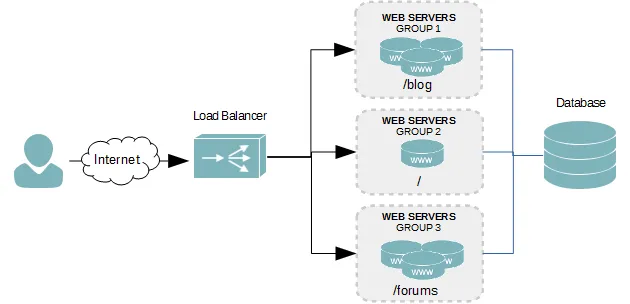
A Virtual Private Network (VPN) is a private network that extends across a public network or the Internet. It enables users to send and receive data while remaining anonymous and secure. A VPN is often used by businesses to protect sensitive data, and by individuals who want to access content that may be blocked in…
-
What are the different types of proxy servers currently available
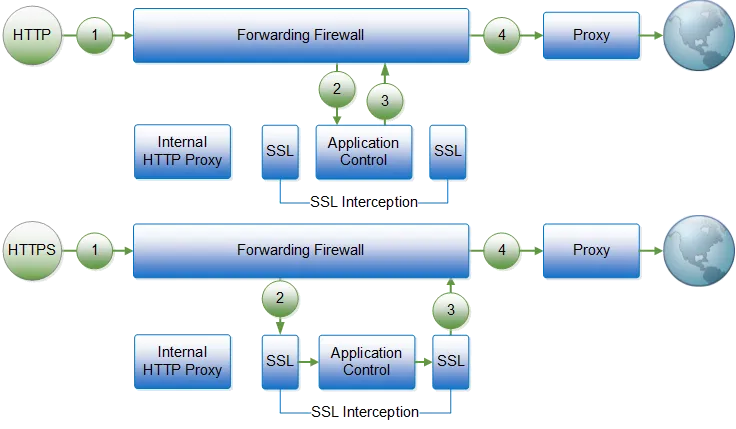
There are many different types of proxy servers currently available, each with its own unique capabilities and features. Reverse Proxy: A reverse proxy is a type of proxy server that takes requests from clients and forwards them to another server. A reverse proxy can be used to load balance traffic or improve performance by caching…
-
What are the types of proxy servers
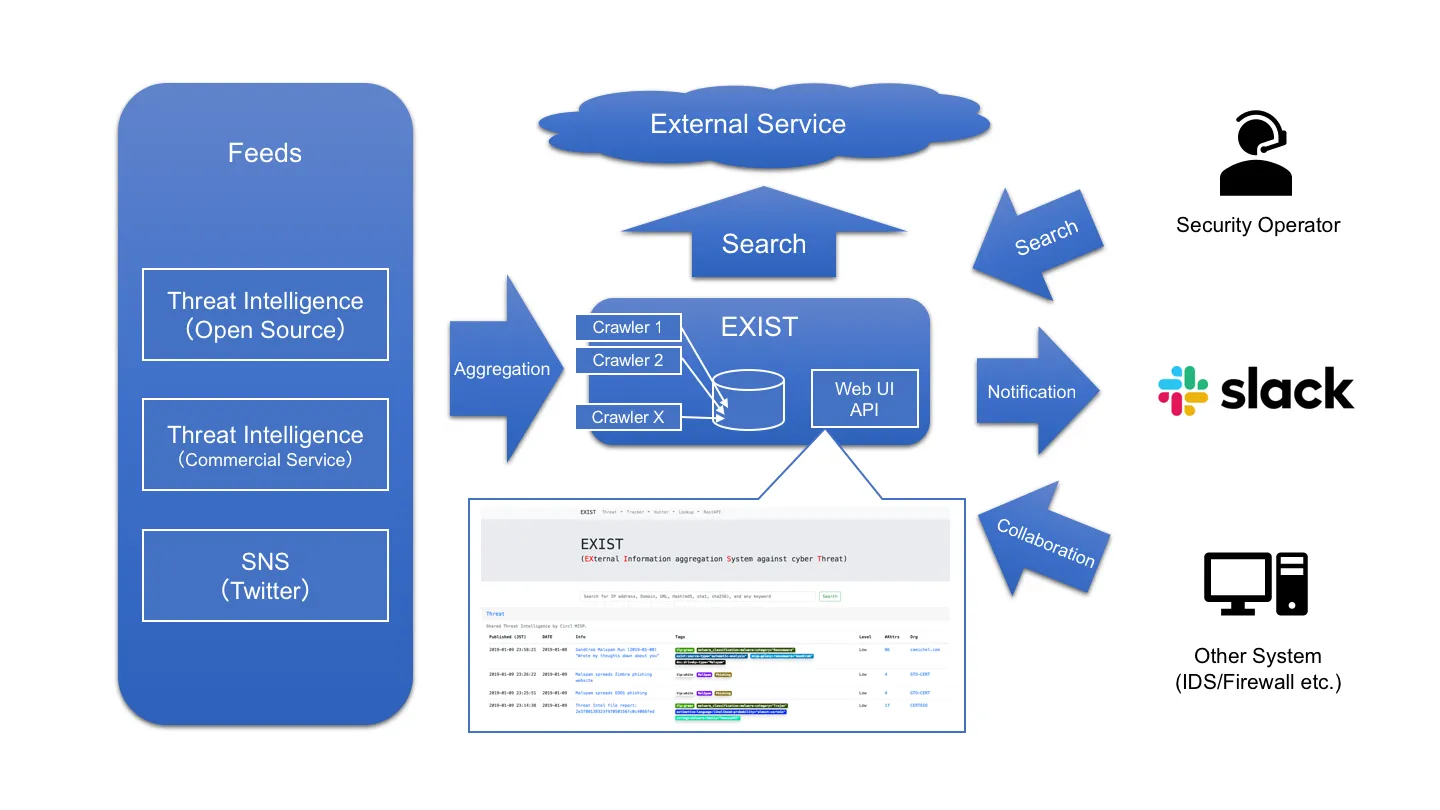
Even though each proxy server provides users an alternate address, there are various types of proxy servers, such as: Reverse proxy server: A reverse proxy server typically sits behind a private network’s firewall and routes client data to a specific backend server. The server adds an extra layer of abstraction and control to ensure network…
-
5 Mainly Reasons to use a Proxy Server
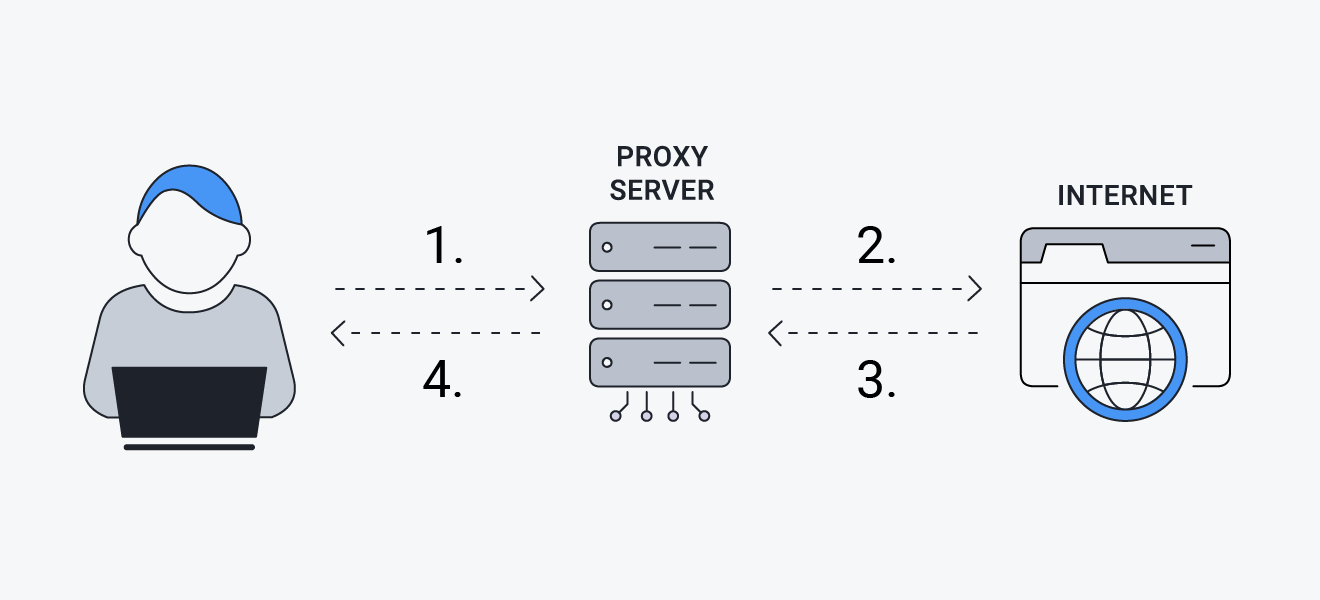
Organizations and individuals use Proxy Server for different purposes and functions; here are some of the main reasons for using Proxy server: PrivacySome organizations tend to hide their IPs so that they can operate anonymously and privately on the web; As we mentioned at the beginning of the article; the proxy servers can change IPs,…
-
How Does a Proxy Work?
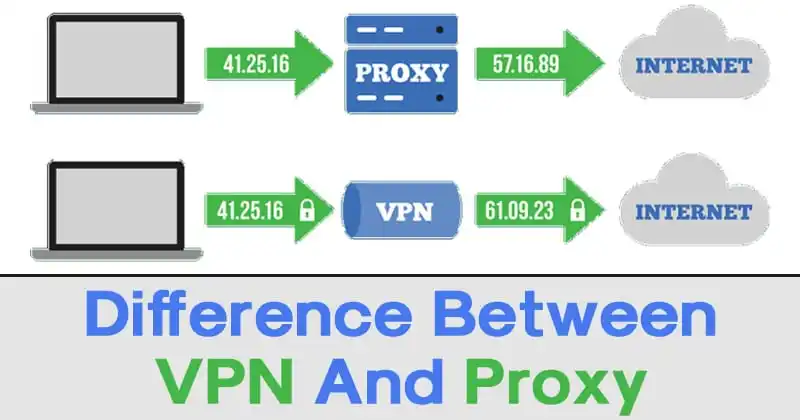
A proxy server stands between a local computer or a local network and a wider network (usually the internet). A proxy is often an external server; it’s an extra step in the online process. Without a proxy server, your data travels along the following route: when you type a website into your address bar and…
-
Why Should You Use a Proxy Server?
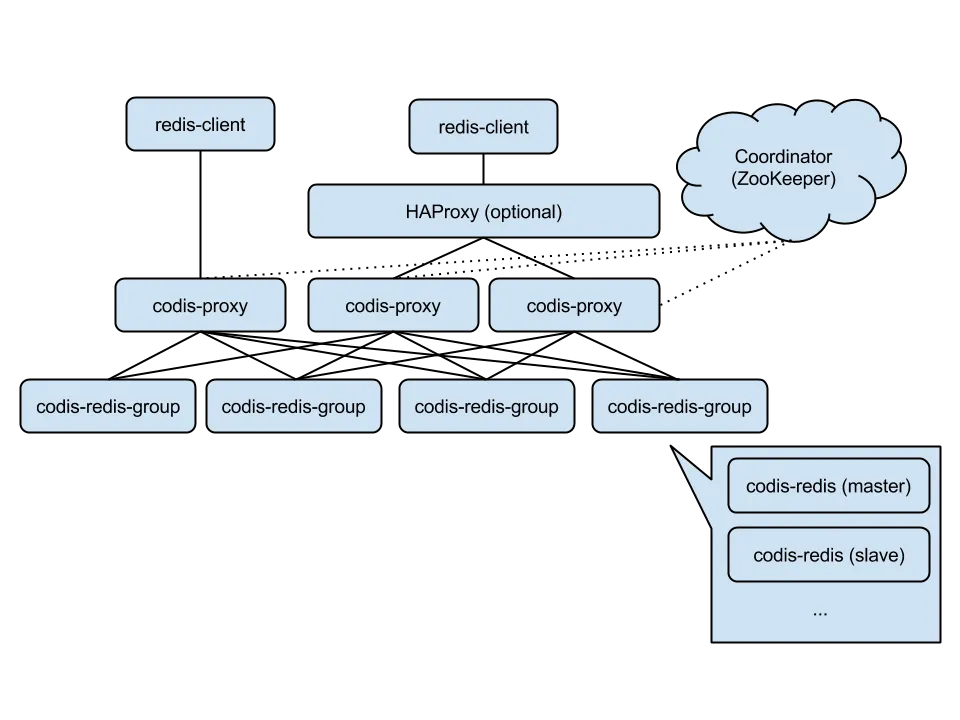
There are several reasons organizations and individuals use a proxy server To control internet usage of employees and children: Organizations and parents set up proxy servers to control and monitor how their employees or kids use the internet. Most organizations don’t want you looking at specific websites on company time, and they can configure the…
-
Understanding Reverse Proxies
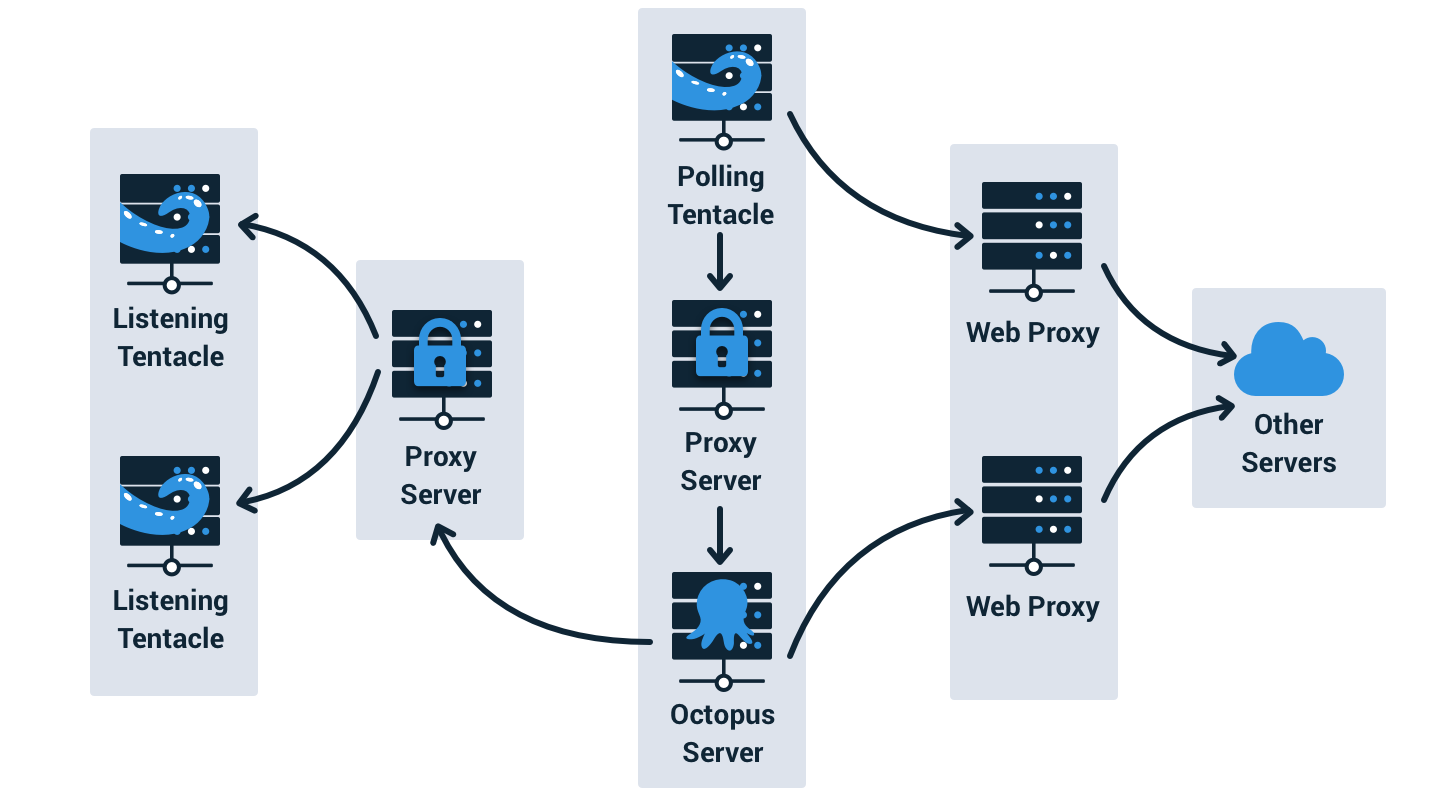
A reverse proxy acts as a representative of a web server, handling incoming requests from clients on its behalf. This web server can be a single server or multiple servers. Additionally, it can be an application server such as Gunicor In either scenario, a request would come in from a client through the internet at…
-
What does a proxy server do, exactly?
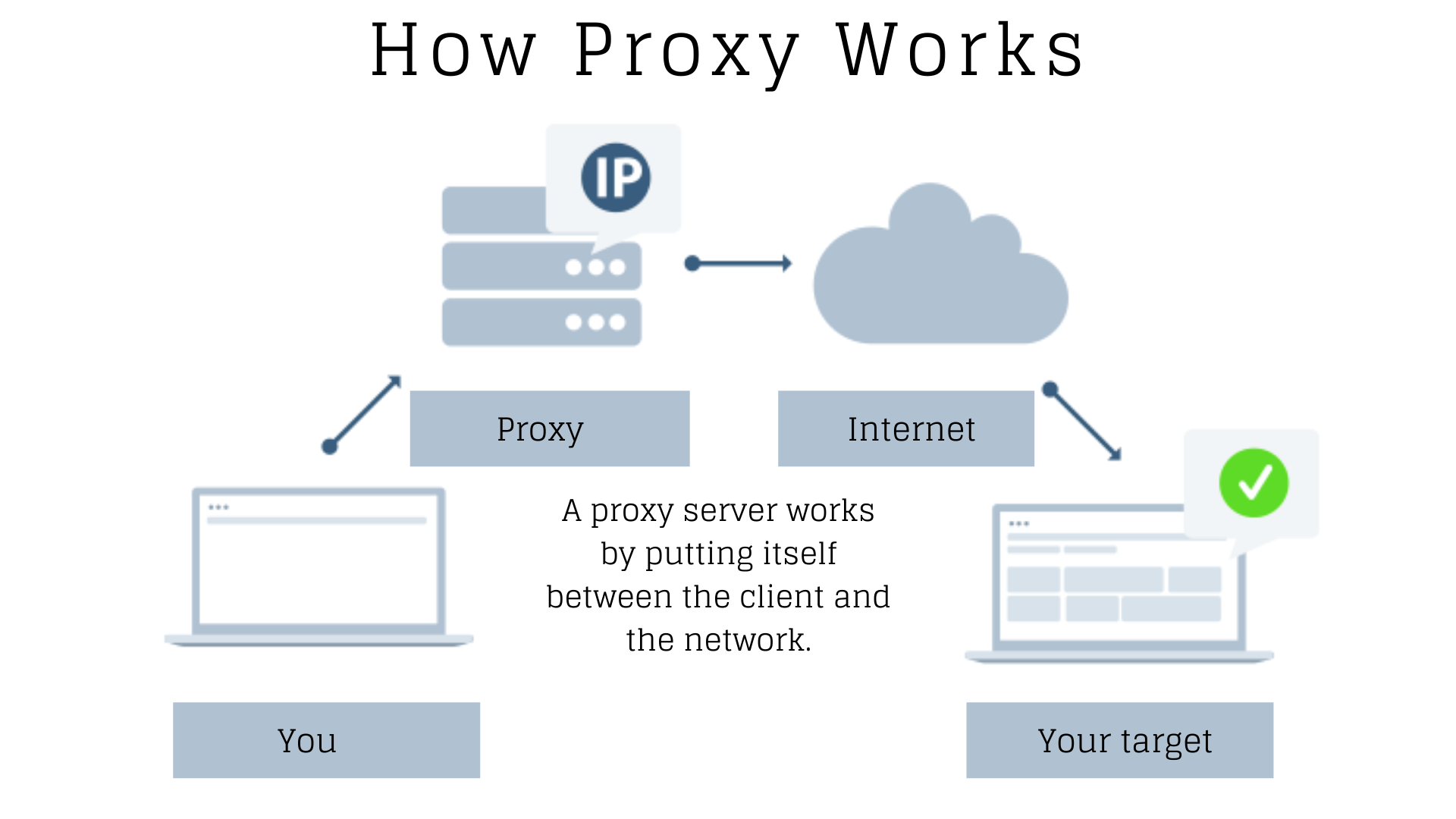
As your intermediary on the web, proxy servers have many useful roles. Here’s a few of the primary uses for a proxy server: Firewalls: A firewall is a type of network security system that acts as a barrier between a network and the wider internet. Security professionals configure firewalls to block unwanted access to the…
-
Proxy servers and tunneling
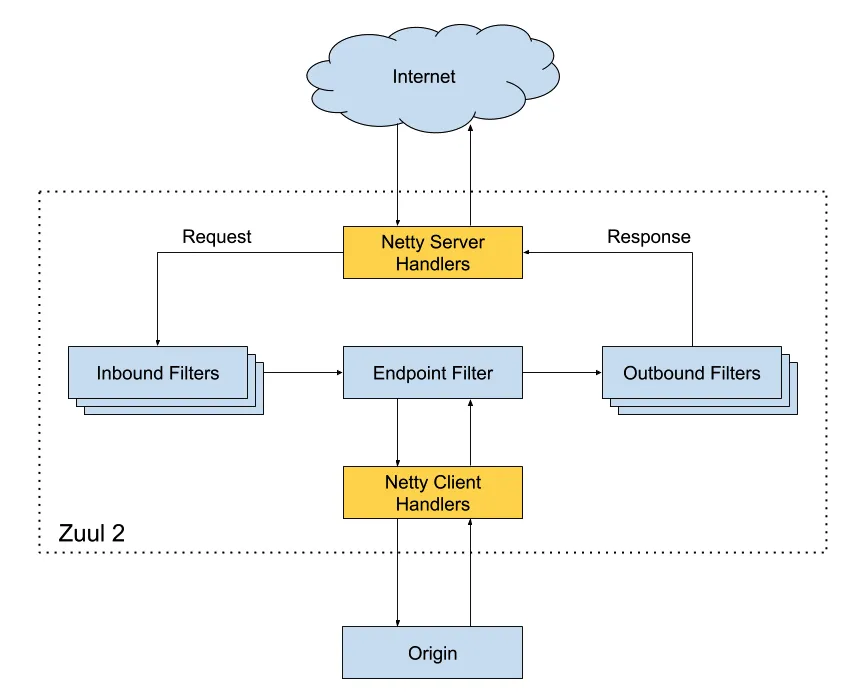
When navigating through different networks of the Internet, proxy servers and HTTP tunnels are facilitating access to content on the World Wide Web. A proxy can be on the user’s local computer, or anywhere between the user’s computer and a destination server on the Internet. This page outlines some basics about proxies and introduces a…
-
proxy server socks5
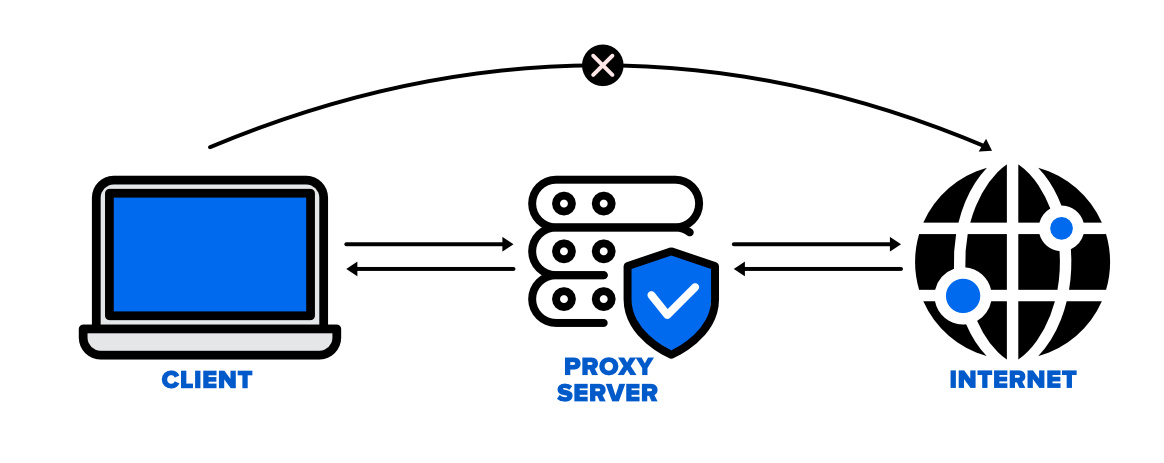
(1) Concept SOCKS5 is a proxy protocol that plays an intermediary role between front-end machines and server machines that communicate using the TCP/IP protocol, enabling front-end machines in the intranet to access servers in the Internet. The SOCKS5 server simulates the behavior of a front-end by forwarding requests from the front-end to the real target…